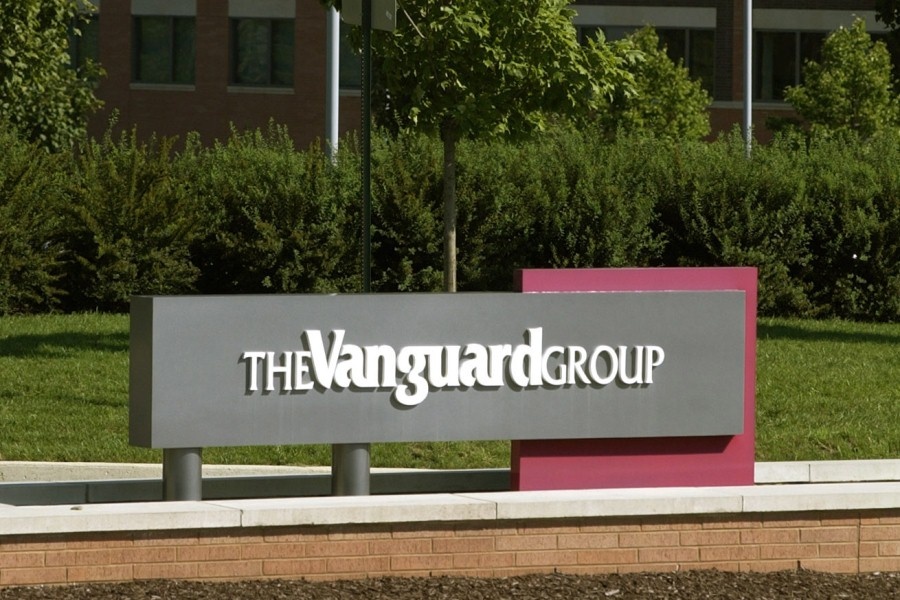

Vanguard Group Inc. is planning its first active exchange-traded funds in two years, with both new planned products focused on the fixed-income market.
The asset management giant aims to launch the Vanguard Core Bond ETF, which would trade under the ticker VCRB, and the Vanguard Core-Plus Bond ETF (VPLS) by the end of the year, according to a statement Friday.
The last time the firm launched an active ETF was in April 2021, when it debuted the Vanguard Ultra Short Bond ETF (VUSB). That fund now has about $4 billion in assets. Vanguard has six actively managed ETFs in its lineup, and launched just three ETFs in total in the past three years, according to data compiled by Bloomberg.
Actively managed fixed-income ETFs are “a natural growth area,” especially in the current interest-rate environment, said Todd Sohn, ETF and technical strategist at Strategas Securities.
“Investors may want a more experienced hand at the wheel to navigate a different market environment,” Sohn said in an interview. “Vanguard is also aware of the major competition brewing within the active bond space, so an ETF offering makes sense from a product lineup view.”
Should the actively managed fixed-income ETFs launch, they’d marginally expand Vanguard’s relatively lean existing lineup. The company runs 82 ETFs but commands more than $2 trillion in assets under management, which ranks it the second-largest issuer, only behind BlackRock Inc., which has more than 400 ETFs.
The Vanguard Core Bond ETF would offer exposure to U.S. investment-grade securities “with modest allocations to riskier sectors,” including high-yield and emerging markets, according to the statement. It would charge a 0.1% expense ratio.
The Vanguard Core-Plus Bond ETF would be similar, though it would “have flexibility to add greater allocations in both US high-yield corporates and emerging markets.” That ETF would ask for 0.2% in fees.

Two longtime RIA industry figures have joined the board of directors at TaxStatus, a fintech company that garners thousands of IRS data points on clients to share with advisors for improved financial planning oversight and time savings.

Sieg, 58, was head of Merrill Wealth Management, left in 2023 and returned that September to Citigroup, where he worked before being hired by Merrill Lynch in 2009.

Firms announce new recruits including wirehouse breakaways.

"QuantumRisk, by design, recognizes that these so-called "impossible" events actually happen, and it accounts for them in a way that advisors can see and plan for," Dr. Ron Piccinini told InvestmentNews.

Advisors who invest time and energy on vital projects for their practice could still be missing growth opportunities – unless they get serious about client-facing activities.
Orion's Tom Wilson on delivering coordinated, high-touch service in a world where returns alone no longer set you apart.
Barely a decade old, registered index-linked annuities have quickly surged in popularity, thanks to their unique blend of protection and growth potential—an appealing option for investors looking to chart a steadier course through today's choppy market waters, says Myles Lambert, Brighthouse Financial.
